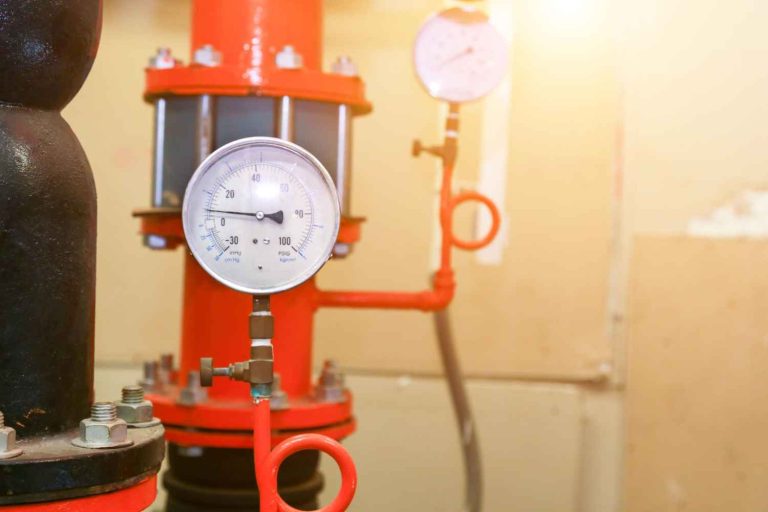
What are the Alternatives to Gas Boilers?
Blog As a result of a potential ban on gas boilers by the Government of the UK, many homeowners are
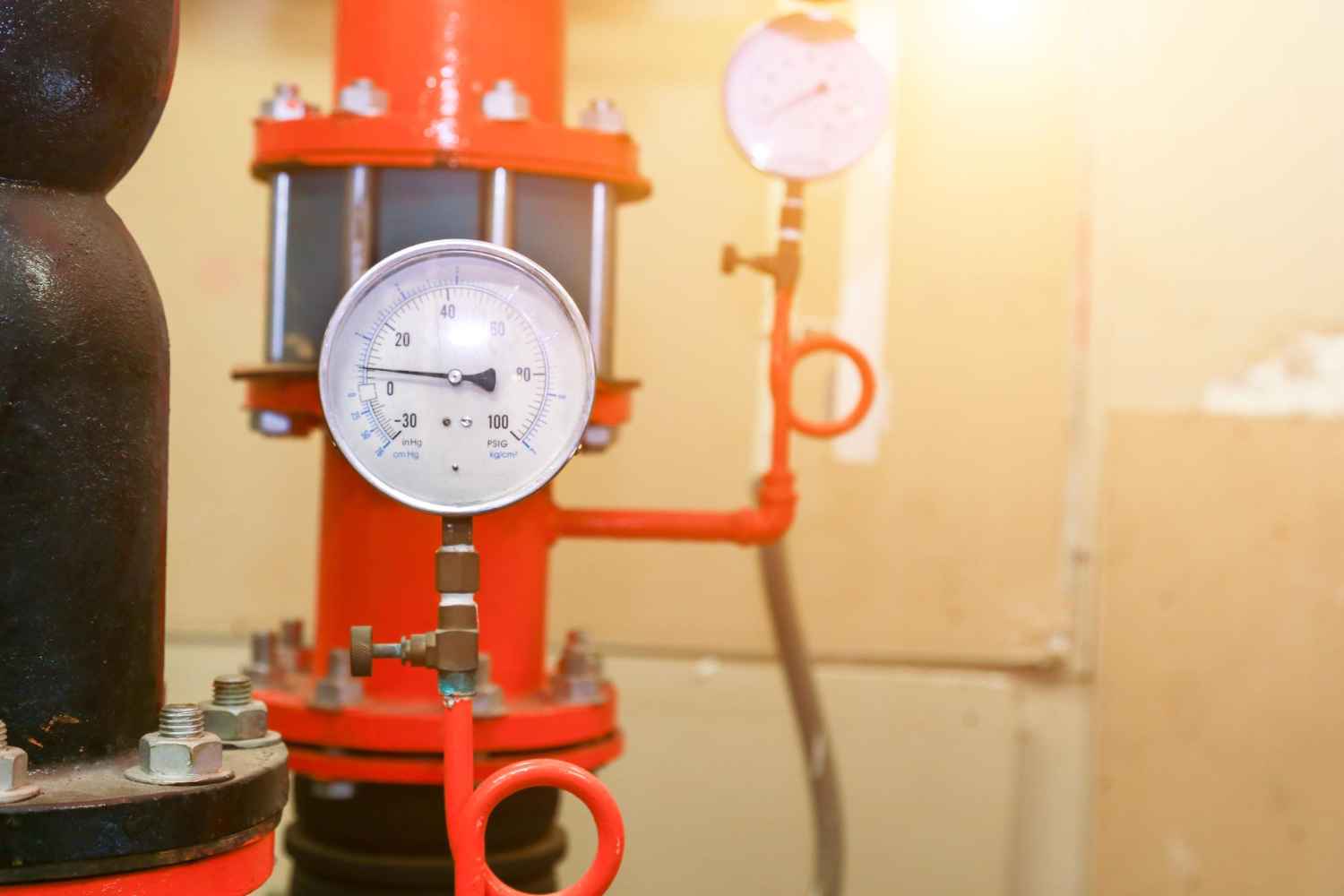
As a result of a potential ban on gas boilers by the Government of the UK, many homeowners are planning to switch to an alternative. Since there are several options offering different merits and demerits, it can be difficult to narrow down your options to one.
We have provided a complete guide that will describe all the heating options for you, along with their costs and tips on selecting one. Read till the end to get a good idea.
Similar to gas boilers, oil boilers also burn fuel to provide heat through combustion. However, unlike gas boilers, they require a dedicated fuel tank to store and supply oil to the boiler. These boilers are available in all types, i.e. combi, system and regular. They require a regular oil supply and tank filling.
Although a gaseous fuel, LPG is liquefied at high pressure and stored in a tank that can be delivered to your property. This also demands a dedicated space for the gas tank to run your boiler. These boilers are also available in combi, regular and system configurations and can accommodate all types of large and small properties.
Electric boilers are a suitable option for small properties, such as homes and flats, because they are relatively slower compared to oil and gas boilers. However, they do not require any dedicated space for fuel and thus can be accommodated in a small space. They are relatively safer because they do not expel any harmful gases.
Rather than heating up the whole space, these heating panels expel infrared radiations that are absorbed by the objects in the room. This way, the heat is only transferred to the objects rather than the whole space. This provides a warm feeling in the room without actually heating it. These panels do not require any boiler to run as they are directly connected to the electricity.
These boilers use combustion to provide heat and hot water in the property. They burn biomass fuels, such as wood chips, pallets and logs. These boilers are one of the largest systems and require a vast space around them to run. Furthermore, you also need to supply the fuel to the boiler regularly for constant heating.
These systems are relatively new in the market and are becoming popular quickly as the preferred heating system for homes. They use renewable heating sources, making them an eco-friendly heating option. Heat pumps come in two types, i.e.:
Air Source: These systems are equipped with a fan that draws the outside air in to extract heat and distribute it into the house.
Ground Source: These systems use a network of underground pipes to circulate a refrigerant which absorbs heat from the ground and distributes it in the indoor space.
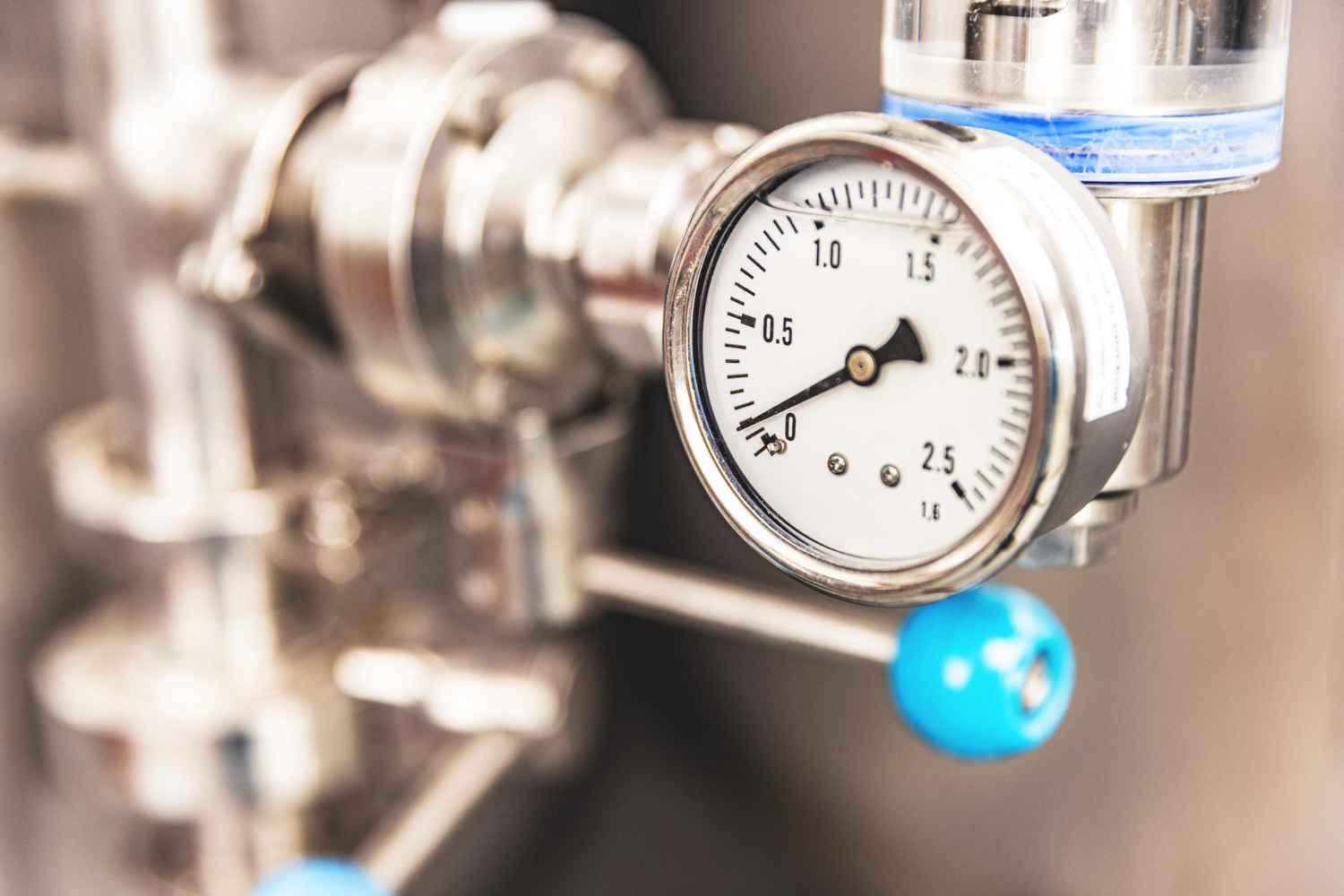
These solar panels absorb heat from the sun and transfer it to the water in the cylinder to heat it before its distribution. Although they have extremely low running and maintenance costs, they need a dedicated hot water cylinder and adequate roof space for their set-up.
As the name suggests, hybrid heating systems utilise more than one heating system and run alternatively one of them, depending on their efficiency at the time. These systems can combine heat pumps with gas or oil boilers or any other suitable heating system.
We all know that carbon emissions are a hot issue worldwide. Governments are taking action to reduce their overall carbon footprint and encourage people to opt for more sustainable and low-emission heating systems. We have discussed some of these systems in the previous section, but there are systems that are currently underdeveloped and can be a suitable alternative in the future.
Hydrogen Boilers are among the emerging options that offer high efficiency and zero carbon emission. These boilers do not require a major remodelling of your heating system and can be integrated into the existing one. However, they are currently highly expensive to operate, but they can serve as a clean alternative to fossil fuels in the future.
Although most of the alternatives have lower running costs than gas boilers, it is important to consider the suitable option based on your budget, heating requirements, and available space. Below is an average estimated cost for several alternative heating options.
Alternative | Life-span (Years) | Installation Cost |
Air Source Heat Pumps | 10 – 15 | £5,000 – £10,000 |
Biomass Boilers | 15 – 20 | £5,000 – £10,000 |
Electric Radiators | 10 – 15 | £1,000 – £2,500 |
Electric Water Heaters | 15 – 20 | £1,500 – £3,000 |
Ground Source Heat Pumps | 20 – 25 | £10,000 – £20,000 |
Hydrogen Boilers | Varies | £5,000 – £8,000 |
Infrared Heating Panels | 15 – 20 | £1,500 – £3,000 |
Solar Powered Electric Heating | 20 – 25 | £5,000 – £10,000 |
Solar Thermal Panels | 20 – 25 | £3,000 – £6,000 |
Underfloor Heating | 30 – 50 | £2,000 – £5,000 |
Heat Exchangers | 10 – 15 | £500 – £1,500 |
Bear in mind that these are just estimated costs and life spans. The actual figures can vary depending on different factors, such as maintenance quality and external factors.
There are a few factors that you must take into account while selecting an alternative heat source for your property. These factors include the following:
Heating Needs: Consider the size of your property and your needs to choose the best option.
Research: Check different heating systems that fit your requirements before finalising one.
Incentives: If you are opting for eco-friendly heating systems, you may be eligible for different incentives from the government.
Engage Professionals: It is always better to consult heating professionals for advice and installation instructions for your system.
There are several suitable traditional and sustainable alternatives that you can select to replace your gas boiler. We have discussed their advantages, disadvantages and installation costs in the blog. However, you must consider your needs and explore all the options before narrowing it down to one.
You can consult our professionals to design, select, and install an alternate heating system at your property.

Blog As a result of a potential ban on gas boilers by the Government of the UK, many homeowners are
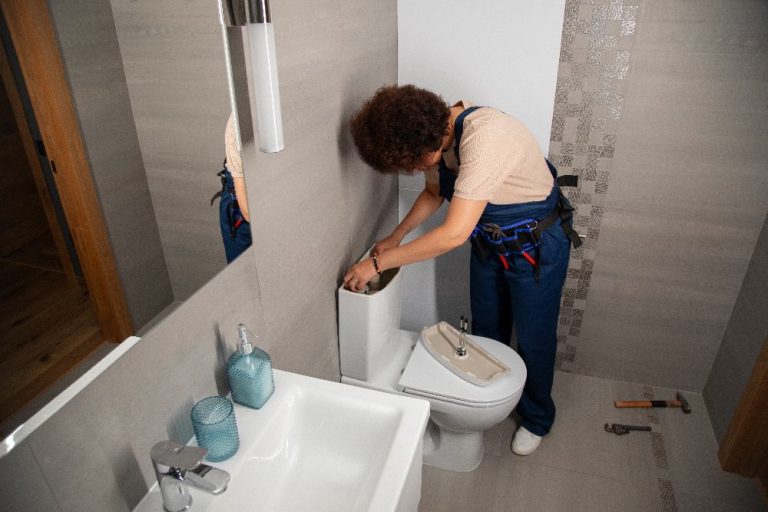
Blog Handling a blocked toilet can be chaotic and stressful. Our aim is teaching you how to unclog a toilet
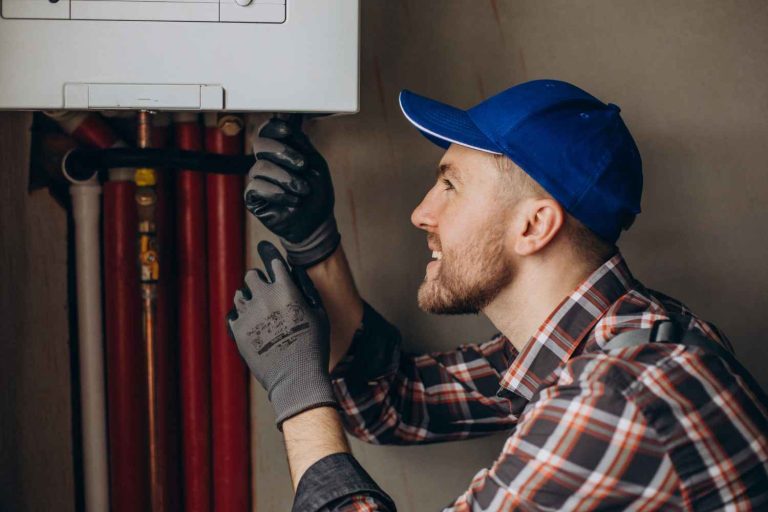
Blog Your boiler is essential for your home, providing warmth in winter. It also offers hot water to wash your
If you’re facing any issues or need our assistance for anything, please don’t hesitate to reach out to us.
Reviews